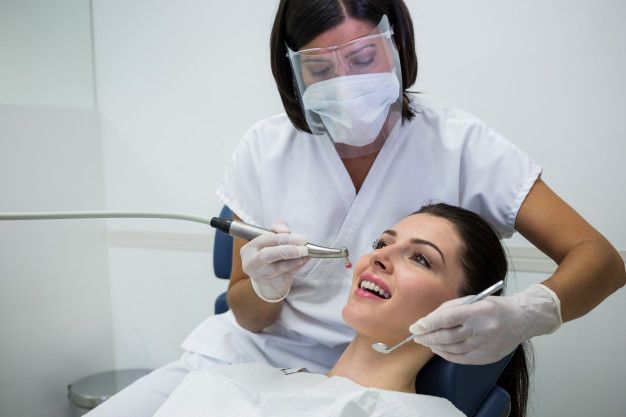
Oral surgery is the same as other surgeries and requires you to make some preparations prior to undergoing the procedure. Carrying out the necessary preparations will reduce your risk of coming into contact with infections. Before surgery can be performed, the dentist will give you an anesthetic. The following are 9 things you should do before dental surgery.
1. Don’t Eat and Drink for 12 Hours

You should not eat and drink for at least 8 – 12 hours if you will be receiving intravenous (IV) anesthesia before surgery. On the other hand, a light meal is allowed at least 1 – 4 hours before the surgery if the surgeon is using a local anesthetic on you. However, if you are on medication, you can continue to take them along with a sip of water. If you eat something, make sure you brush and floss your teeth so that the surgeon will not have to endure your bad breath during the operation. Fasting prior to surgery can reduce your chances of contracting the complication of aspiration. You also cannot smoke for at least 12 hours before oral surgery according to chiswickparkdental.co.uk.
2. Don’t Wear Sophisticated Dress to the Dental Surgery
You want to avoid wearing a sophisticated dress as it could get stained during dental surgery. Instead, you should wear a comfortable short-sleeved shirt. It is not suitable to wear jewelry to the surgery. The dentist will ask you to remove them when you arrive. Contact lenses should not be worn since your eyes will remain shut while under anesthesia. You can wear glasses instead of contact lenses. You’ll also want to avoid wearing makeup, lipstick, and perfume. Lip balm can cause your lips to be chapped following the surgery so they are not recommended. If you have long hair, make sure to keep them away from your face. You should tie your hair or pin them neatly.
3. Don’t Keep Quiet on Your Existing Health Conditions
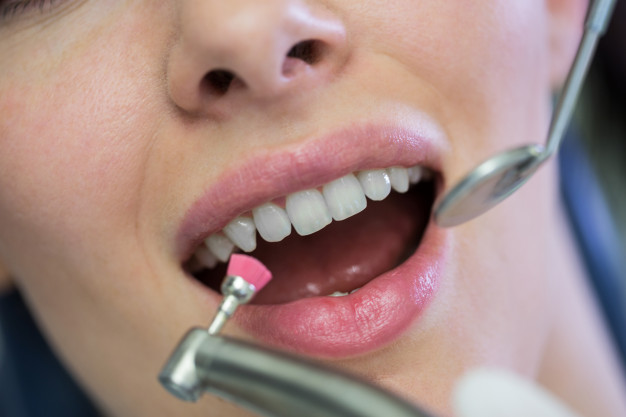
You should not keep quiet about any concern you have about oral surgery. For example, you should mention your existing health condition to the dentist. If you are taking medication, be sure to let the dentist know. The dentist can tell you whether the medication you are taking reacts to the procedure. He can advise you on what to do so that you can avoid unnecessary complications. If you are currently about to undergo another operation, make sure you inform your dentist so that he can make the arrangement. You can discuss the type of anesthesia with your dentist as you have the right to do so.
4. Don’t Be Afraid of Asking about Insurance Coverage
You should not be afraid about asking your gold coast dentist if he accepts insurance. Dental surgery can get expensive and it will help if you can get part of the cost to be covered by your insurance company. Asking the dentist about the insurance coverage can prevent you from the disappointment of your claim getting rejected afterward. If possible, you should obtain a written description with ICD-10 codes to confirm the coverage.
5. Don’t Forget to Make Transportation Arrangement
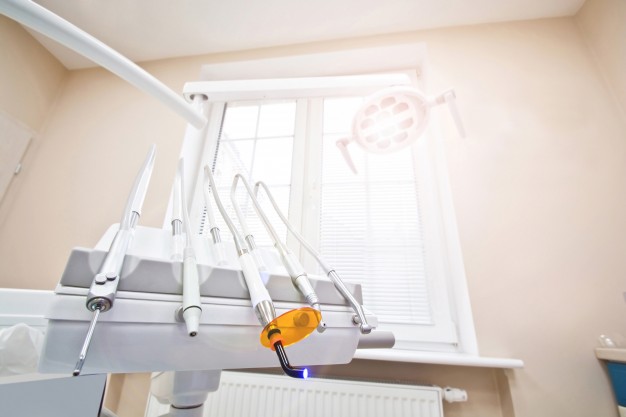
You should not forget about arranging transportation. After surgery, you may feel a bit giddy so it is not suitable for you to drive home. Anesthesia can play a trick on your reflexes and cause you to be unstable. As a rule of thumb, you should avoid driving at least 24 – 48 hours after the operation. It will be better if you have a friend to accompany you to the dental office. When the surgery ends, your friend can help to drive you home. You can find someone willing to spend overnight with you at the clinic if it is a complicated operation. If you have children, don’t forget to make arrangements for someone to look after them.
6. Don’t Arrive Late at the Dental Clinic
You should not arrive late at the dental clinic on the day of the operation. You have to fill in paperwork when you arrive before you can proceed to the surgery. Therefore, be sure to arrive at least 30 minutes earlier than the dental surgery. Arriving earlier also gives you time to ask the nurse about any question you have in your head. When you finish the paperwork, you can sit down and relax while waiting for the dentist to call you.
7. Don’t Hesitate to Postpone Your Appointment If You Have Cold
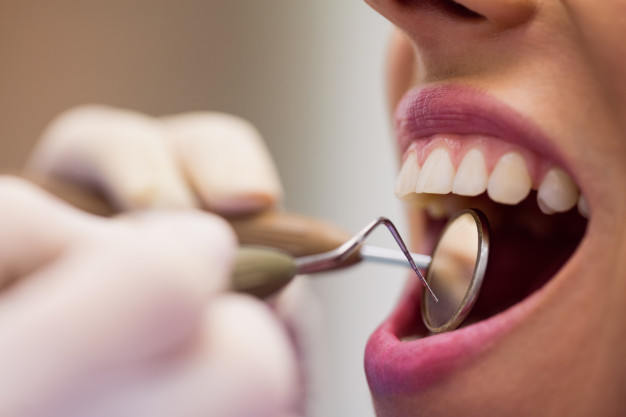
You should not hesitate to cancel and postpone your appointment if you are having cold symptoms. When nearing the dental surgery date, you found yourself down with flu symptoms like fever, muscle aches, sneezing, and running nose. If you go to surgery with cold symptoms, you run a risk of infecting the dentist, nurse, and other people around you. If you have allergies, you simply need to take anti allergies medication such as an antihistamine. The surgeon will have difficulty in carrying out the oral surgery if you keep coughing.
8. Don’t Forget to Preplan a Diet Menu
You should not forget to preplan a diet menu that requires minimal chewing. Due to anesthesia, you may feel numbness on your tongue and cheek. So, if you eat food, you might not be able to taste them. For this reason, you should avoid eating solid food for a few days until the teeth that were operated on recover completely. The menu that you have pre-plan should consist of soft food such as oatmeal, smoothies, and yogurt. If you don’t want to eat, you can take protein drinks temporarily. Protein drink offers an excellent source of the nutrient. You want to avoid drinking beverages with a straw as it can cause pain on the tooth socket and damage the surgery. Afterward, you will find yourself having to go back to see the dentist again.
9. Don’t Stress Out Yourself
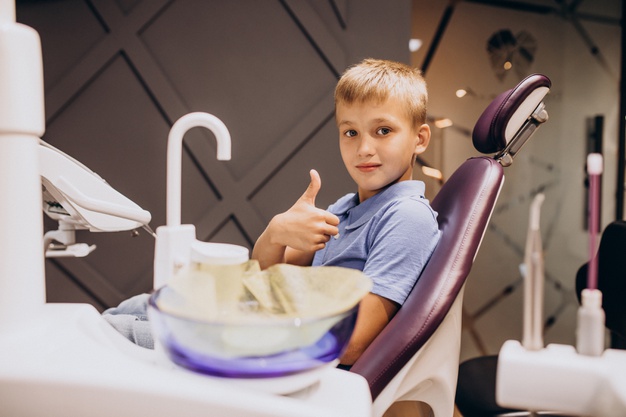
It is important that you don’t stress out yourself prior to dental surgery. You can ask the dentist to explain the dental procedure. Becoming familiar with the dental surgery procedure can help to alleviate your stress. Listening to music while waiting your turn can offset your fears. You can also try breathing in and out slowly to calm yourself down. You can also tell your friends about your fears about going for dental surgery. They will be able to offer some comforts to your fears.












